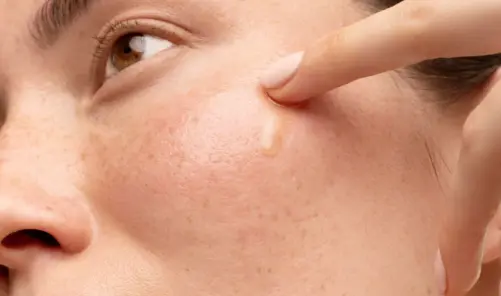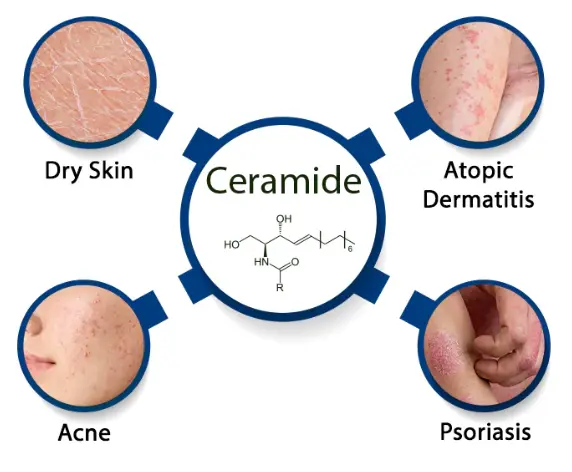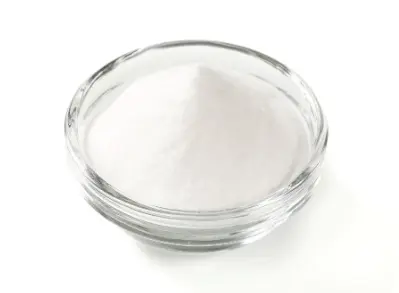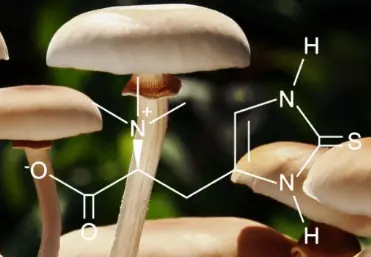What Does Ceramide Do To Your Skin?
1.What is Ceramides?
Ceramideare naturally occurring lipid compounds that are mainly composed of long-chain fatty acids and sphingosine linked by amide bonds. It plays a key role in the stratum corneum of the skin. It can help the skin to retain water, enhance skin barrier function, resist external stimulation, and has multiple skin care effects such as moisturizing, anti-aging and repairing skin.
Ceramide are naturally occurring lipids in the skin that play a crucial role in maintaining the skin's barrier function. They help to retain moisture, protect against environmental aggressors, and keep the skin hydrated and supple.
When applied topically, ceramides can help strengthen the skin's barrier, improve moisture retention, and reduce the appearance of fine lines and wrinkles. They can also help soothe and calm irritated skin, making them beneficial for those with sensitive or dry skin conditions.

2.How Ceramides Work?
Ceramides work by interacting with other molecules in the cell membrane and with proteins and other signaling molecules inside and outside the cell. They can regulate the activity of membrane proteins, such as receptors and transporters, and can also act as second messengers in intracellular signaling pathways.
Ceramides are also used in cosmetic and dermatological products due to their ability to improve the skin's barrier function and their anti-aging properties. They help to restore and maintain the skin's natural moisture balance, reducing the appearance of fine lines and wrinkles.
Ceramides help keep the skin hydrated, but levels naturally decrease as time passes, according to a review published 2019 in OCL. That's not all, though — many external factors can also break down the skin barrier, including abrasive scrubbing, exfoliating, hot showers, and cold, dry winters.
For these reasons, it's a good idea to re-up your ceramide levels and reinforce the skin barrier with products containing the molecules.Supplementing with additional skin barrier support can help prevent dry, cracked, flaky, and itchy skin.
3.Ceramide Powder Skin Benefits
Ceramide powder are added to skin care products to help moisturize your skin, replenish your skin barrier and just generally keep your skin looking and (feeling) healthy.
Replenishes your skin barrier
Your skin barrier is your top layer of skin, made up of dead cells, proteins, fats and lipids — including natural ceramides.
Ceramides are essentially the glue that holds our skin cells together to form a healthy skin barrier. Using skin care products with added ceramides can restore optimal levels of these lipids.

Locks in moisture
Keeping your skin moisturized is important for everyone, but it becomes especially critical as you age. With time, your skin becomes thinner and less elastic, which causes it to lose moisture more easily than in your younger years. But ceramides help lock in moisture to keep your skin soft and plump. Aging and certain skin conditions, like eczema, involve decreased ceramide levels, which can result in dehydrated or itchy skin,Products with ceramides help keep your skin healthy and hydrated.
Helps protect your skin
Think about your skin barrier as a suit of armor, blocking bad stuff from getting through to the delicate living organism underneath. And ceramides are one of the knights in shining armor that do the hard work of keeping it safe. Ceramides help keep out harmful elements, like pollution, toxins and allergens. The stronger and more intact your skin barrier is, the harder it is for these elements to penetrate, helping to keep your skin healthy.

SOST BIOTECH Ceramide Powder CAS 100403-19-8
Spot inventory, factory direct sales
References
1.https://www.ocl-journal.org/articles/ocl/pdf/2019/01/ocl190012.pdf
2. https://www.aad.org/public/diseases/eczema/childhood/child-have/what-causes

 Food Additives
Food Additives









